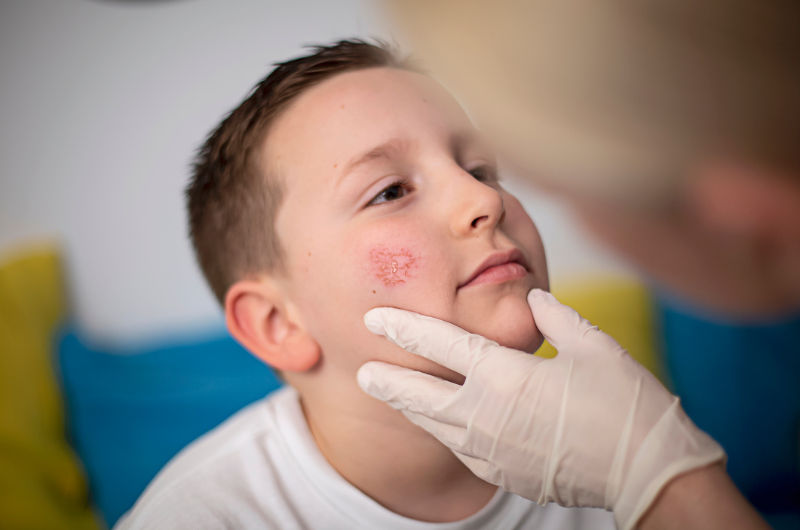Introduction
The resurgence of measles, a disease once thought to be all but eradicated in Canada, has sparked concerns among health officials and parents alike. With a drastic increase in cases, the specter of this highly contagious viral infection looms large, prompting officials to urge the public to reconsider their stance on vaccinations.
A Closer Look at the Statistics
According to recent data provided by the Public Health Agency of Canada (PHAC), reported measles cases have increased by 300% compared to the previous year. In 2022, there were only 12 confirmed cases, while data for the ongoing year indicates over 50 cases as of October 2023. This uptick has raised alarms across various communities, especially in areas with lower vaccination rates.
Understanding Vaccine Hesitancy
The rise in measles cases is closely linked to vaccine hesitancy—a growing concern among medical professionals. A 2022 survey by Immunize Canada found that 1 in 5 Canadians expressed reservations about vaccines, with misinformation spreading rapidly through social media platforms. Many parents, driven by anxiety over vaccine safety, have opted to delay or skip routine vaccinations for their children, resulting in weakened herd immunity.
The Impact on Communities
Health officials underscore the dangers associated with the decline in vaccination rates. “As more people hesitate to get vaccinated, we lose the collective immunity that protects our most vulnerable populations—infants, the elderly, and those with compromised immune systems,” says Dr. Emma Chang, a pediatric infectious disease specialist based in Toronto. “We have seen outbreaks before, but the current trend is worrying.”
Public Reactions and Social Media Sentiment
The public’s reaction to the rising measles cases has been mixed. On platforms like Twitter and Facebook, some users have rallied in support of vaccinations, sharing testimonials and credible health resources. However, posts promoting anti-vaccine sentiments continue to gain traction, complicating efforts to return to higher vaccination rates. This divide underscores the need for improved public health messaging tailored to combat misinformation and build trust in vaccine safety.
The Road Ahead
As health authorities work to curb the resurgence of measles, vaccination campaigns are ramping up across the country. Initiatives focused on education and community outreach are crucial to counteract the hesitancy. The Canadian government, in collaboration with local health units, has launched programs offering free vaccinations at schools and public events to make the process more accessible.
Conclusion
While it is evident that the resurgence of measles presents significant challenges, addressing vaccine hesitancy through effective communication and education can help safeguard public health. Moving forward, the collaboration between healthcare providers, community leaders, and parents will be indispensable in ensuring that the fight against measles—and misinformation—continues.
